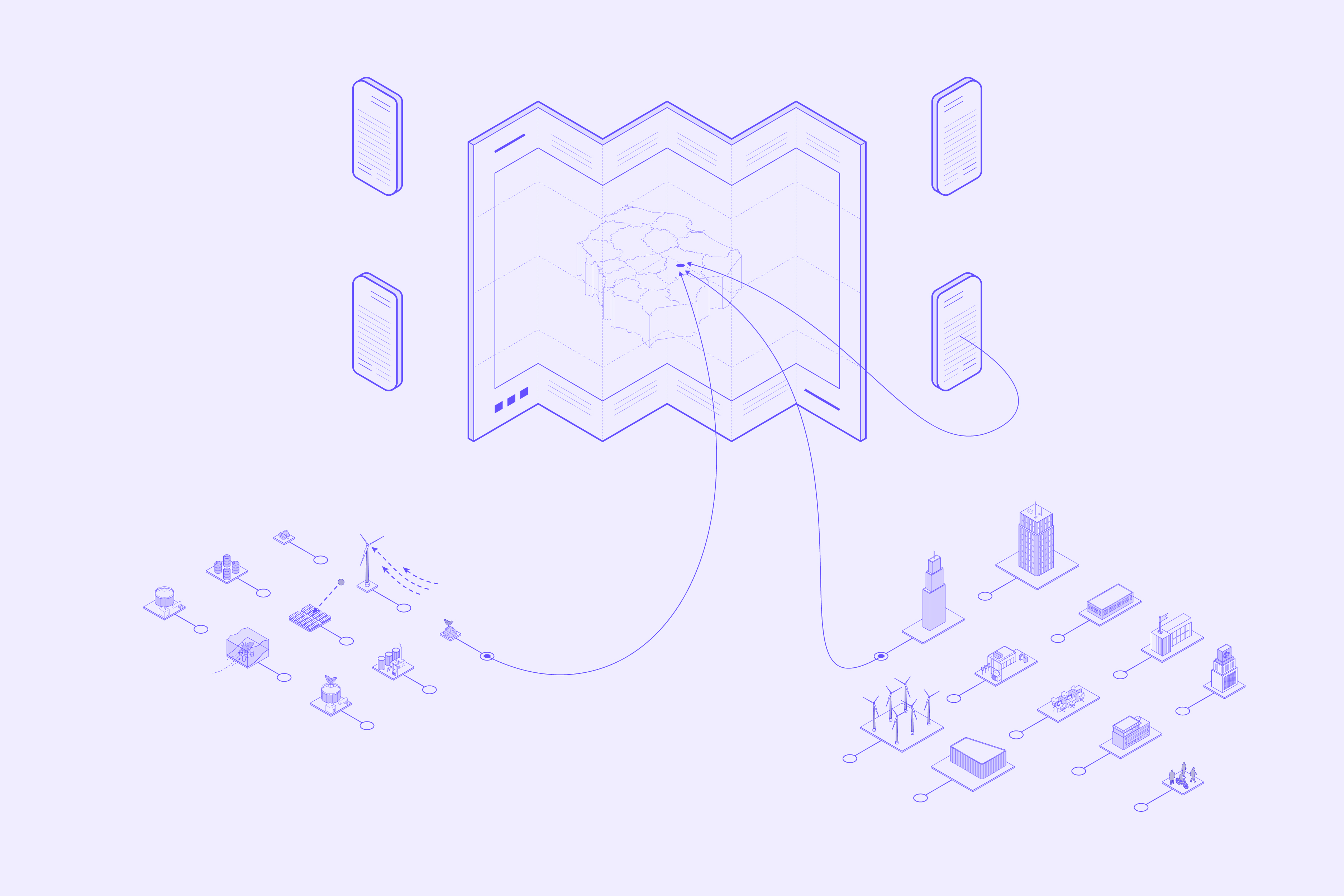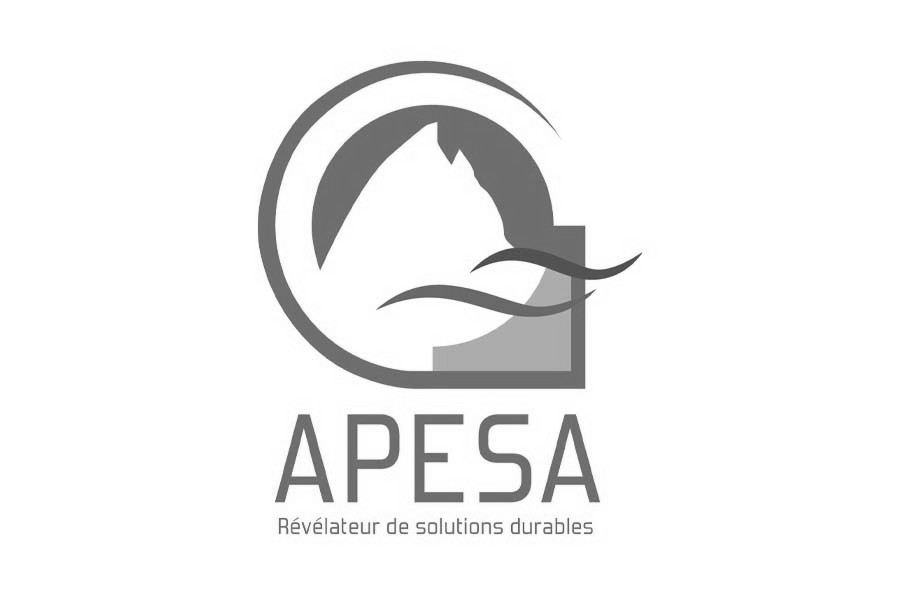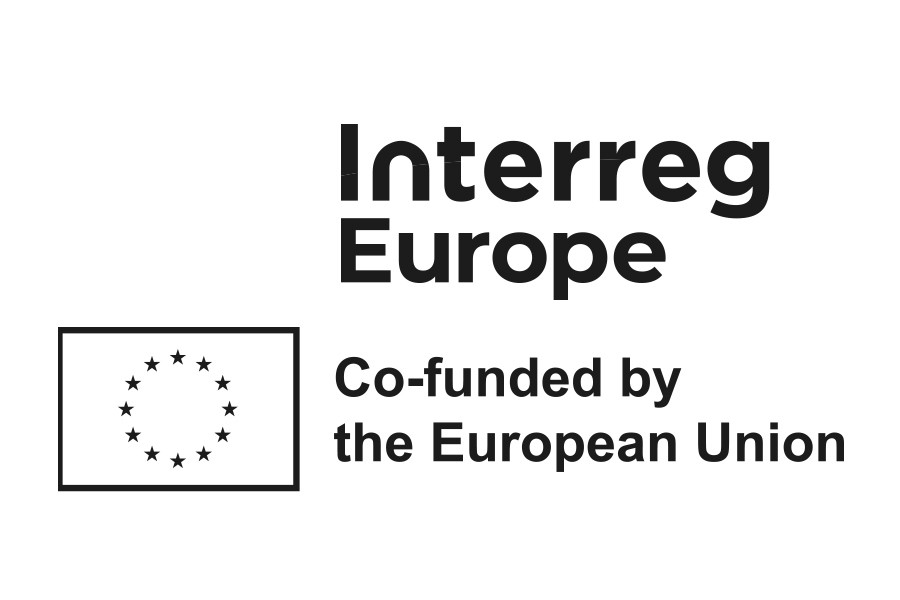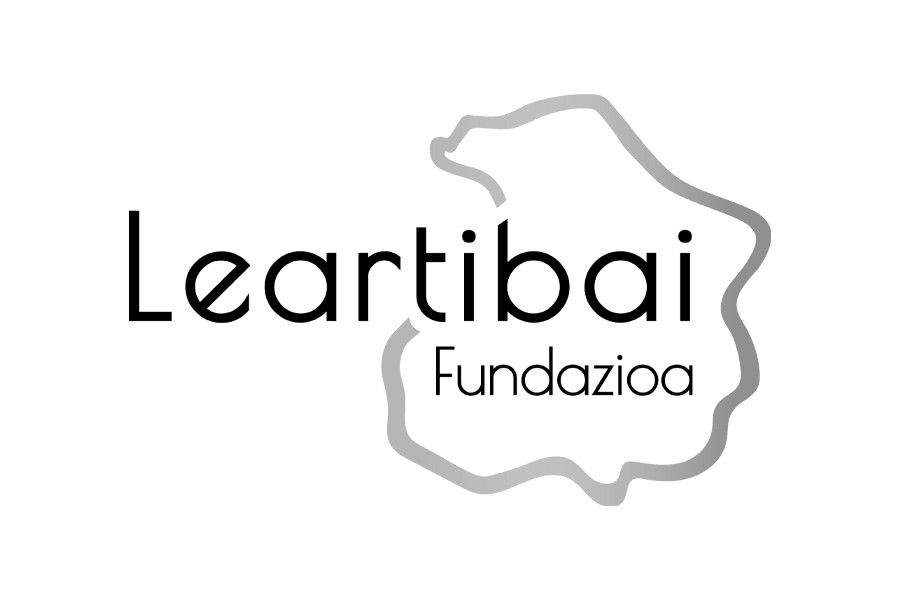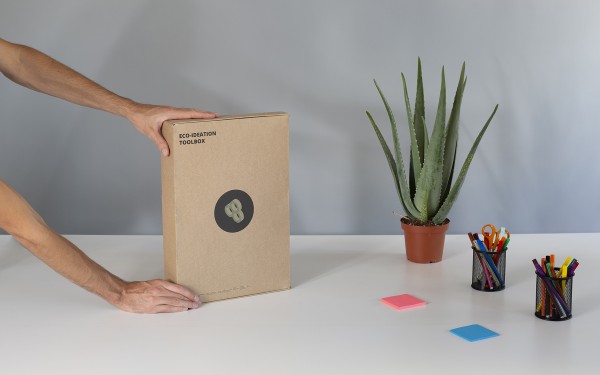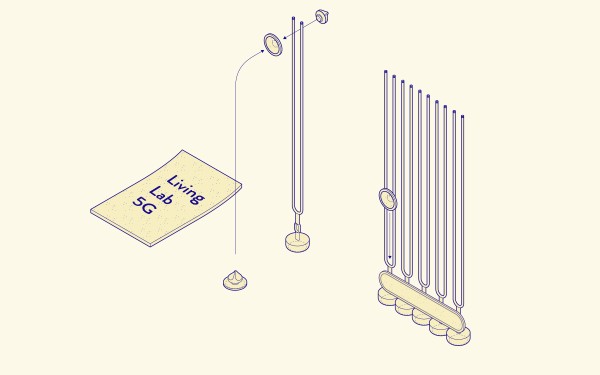Rural areas play a central role in the transformation of Europe's energy model, aimed at reducing greenhouse gas emissions and achieving decarbonization. Although they contribute significantly to emissions, they represent both a challenge and a solution, thanks to their considerable resources and opportunities (forests and their soils act as essential carbon sinks, and their vast territories offer great potential for the production of renewable energies).
The energy transition, being a collective effort involving governments, local authorities, businesses and citizens, requires the creation of tools to foster informed dialogue between all these stakeholders. This would make it possible to effectively mobilize available resources and explore the many possibilities for developing renewable energies in rural areas.
This is the aim of the SIreNERGY Interreg Europe program (a cooperation project between various partners from European Union member states), which is being carried out in different regions of five European countries (the Netherlands, Sweden, Bulgaria, Romania and Poland), with Apesa as an expert partner and Leartibai Fundazioa as coordinator.
Its aim is to improve regional and national energy policies and facilitate the acceptance and deployment of renewable energies in rural areas. This is achieved by designing a tool enabling local stakeholders to manipulate a complex set of data (energy, economic, environmental, etc.) with a view to co-constructing energy strategies that are sustainable, successful and accepted by the population.
These tools, based on a new cartographic visualization system enabling the co-construction of localized energy projects, were designed and developed by Guillian GRAVES (Big Bang Project agency) and a team of Apesa researchers, then tested and implemented in the five countries involved in the project.
